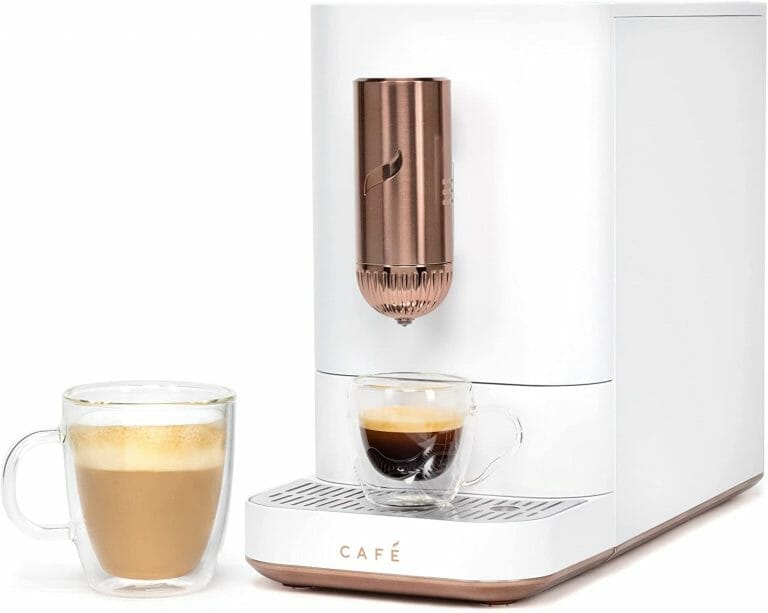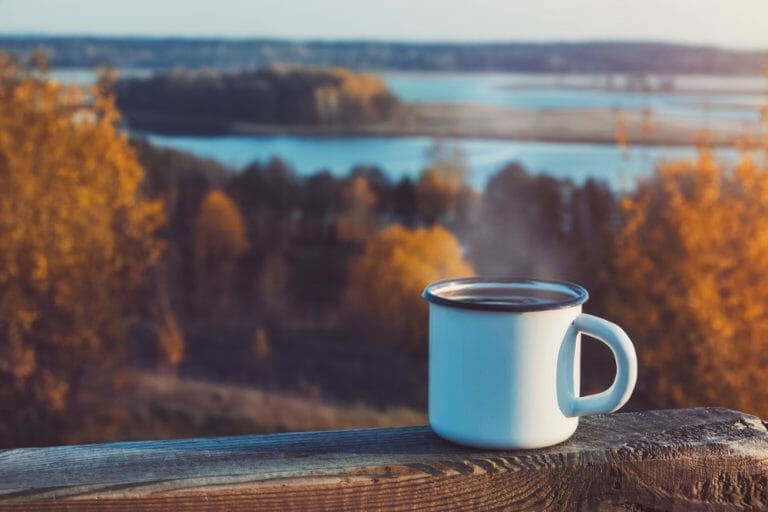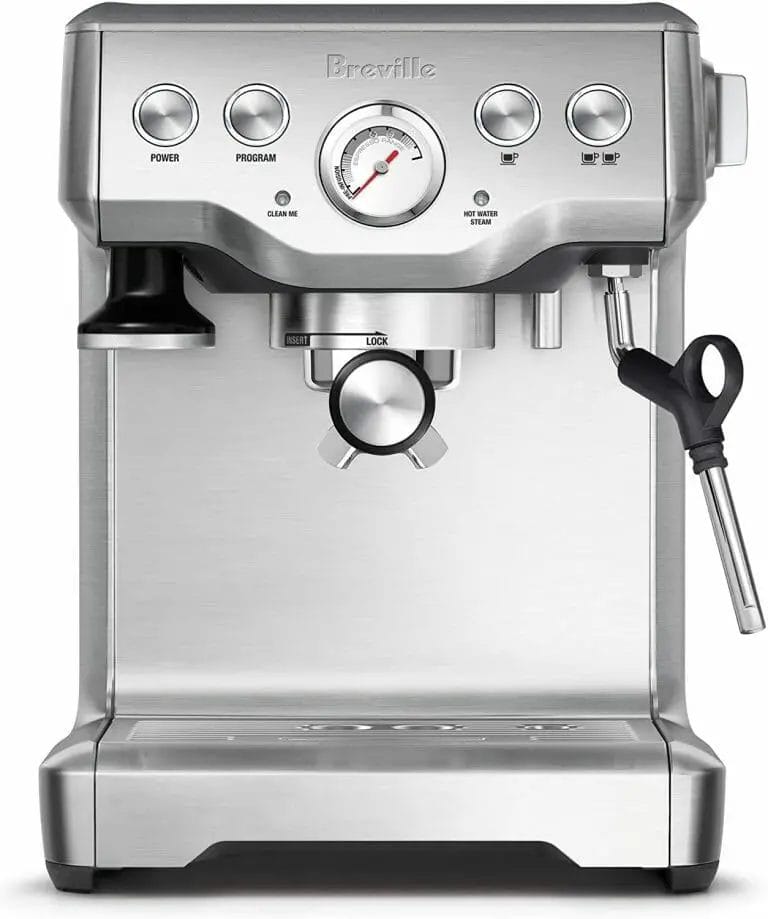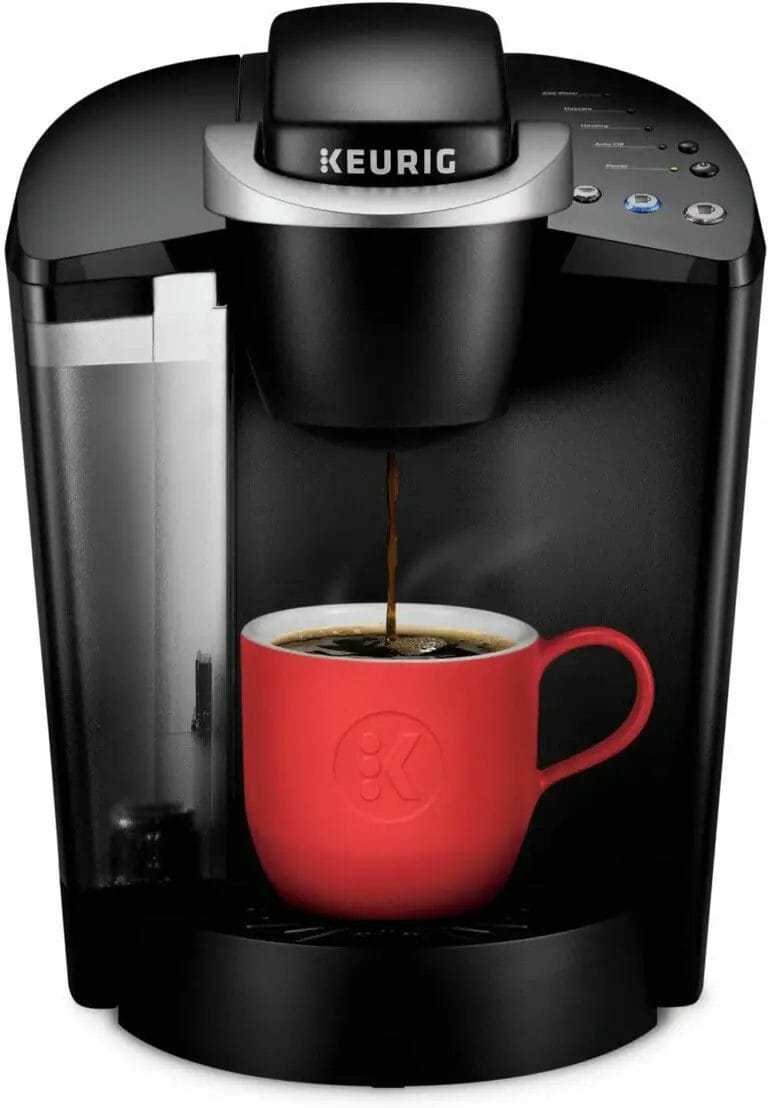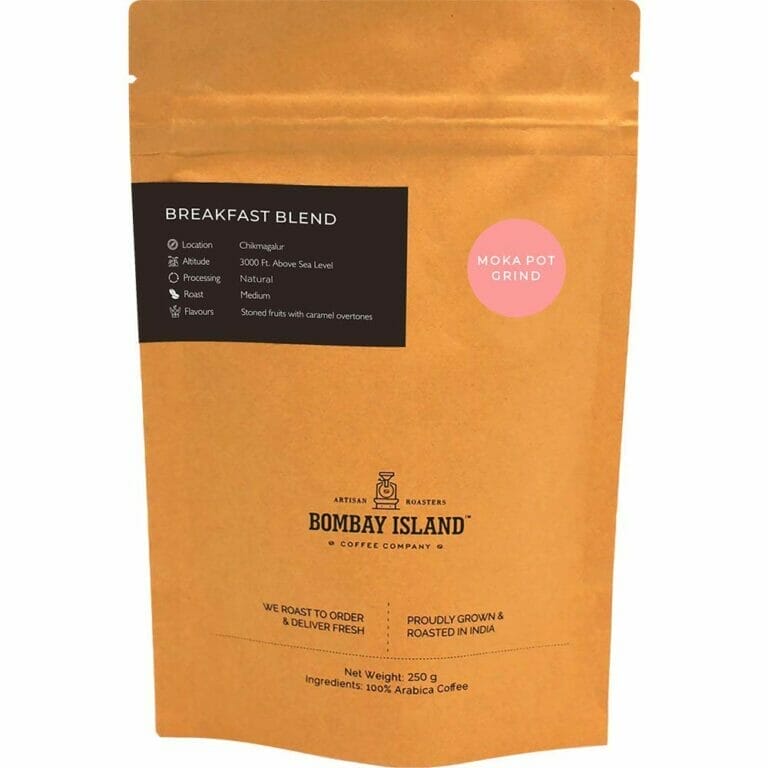Why Your Coffee Taste Bitter And How To Fix it
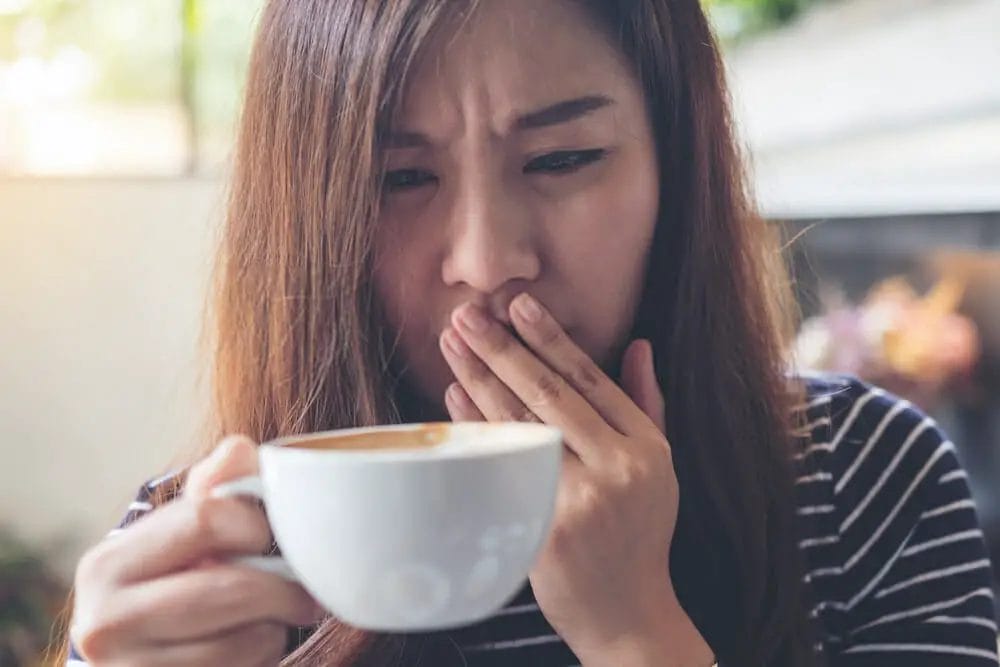
When it comes to brewing coffee, there’s nothing quite like the taste of freshly brewed coffee.
And as you’ve probably noticed, some people don’t seem to appreciate the bitterness of their morning brew. So how do you know if your coffee’s bitter or not? And what can you do to make it less bitter?
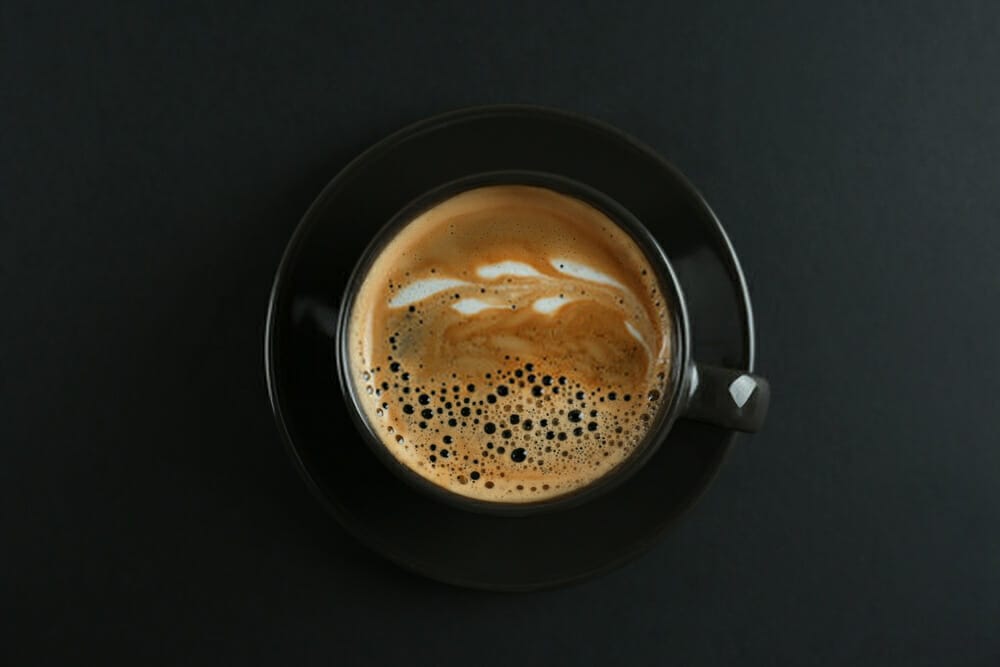
To answer these questions, we need first to understand how your taste buds work and why they taste something in the way they do.
Two distinct receptors produce the taste of coffee in your mouth – taste buds. These tiny organs are there on the surface of your tongue.
In addition, they contain nerve endings that send messages to the brain about what you're eating and drinking.
But while it’s essential to understand how your tongue works, it’s also equally important to know why it’s so sensitive to different tastes.
It is because your tongue's nerves are susceptible, which means that they respond very quickly to changes in the environment around them.
It means they can detect the slightest changes in taste, like the difference between fresh coffee and stale coffee.
It's this sensitivity that makes your tongue especially sensitive to the bitterness that coffee can sometimes have. And, when you have a bitter cup of coffee, it's because you have a stale cup of coffee.
While other factors can affect its taste, including the freshness of the beans, brewing temperature, and brewing time, its bitterness is often fixable with a few simple tricks. Let’s see how.
Is coffee supposed to taste bitter?
To answer this question, we first have to understand what bitterness is. According to the Merriam-Webster dictionary, the definition of bitter is “having sharp pungent taste often unpleasant and typically suggestive of physical or moral pain.”
So bitterness is a combination of
- the change in taste that occurs when coffee gets stale and
- the pungent, bitter taste that your tongue detects. And it’s this second component that determines whether or not you’ll like a cup of coffee.
But when it comes to coffee bitterness, there are other factors at work – mainly the freshness and type of coffee beans. The best coffee beans are the ones that are freshly roasted and ground.
As a result, they have a higher concentration of essential oils, essential for taste and smell. But when they go stale, they lose these oils, and your cup of coffee starts to taste bitter.
If you've ever had a stale cup of coffee, you probably know how much it can affect your taste buds – consider the last time you tasted an old bag of chips.
So you’re probably familiar with the smell of stale coffee, and when you have a stale cup of coffee, the bitterness is the first thing you notice. But the bitterness isn’t just unpleasant; it can also cause jitters in your stomach.
The main reasons that your coffee tastes bitter could be –

- Time: boiling the coffee for an excessive amount of time
- Temperature: very hot water
- Quality: Stale Beans or of poor quality
- The ratio is incorrect: there is too much coffee for water.
- Grinds: Coffee grinds that are too tiny to grind
- Cleanliness: Filthy Brewing equipment
So, let us look at the reasons in detail and ways you can fix it!
Why Your Coffee Taste Bitter and How to Fix it
Steeping the coffee for too long
One of the easiest ways to make your coffee bitter is to steep it for too long. If you’re going to steep your coffee correctly, you need to grind the beans before entering the water.
However, if you leave them in a grinder for too long and then add them to freshly boiled water, their flavour will start to deteriorate.
The solution: If you decide to let your coffee steep for too long, then you’ll probably end up with a stale cup. And because staling happens quickly, you can use a method that’s quick and easy – put them in the refrigerator for about an hour or so.
It should help reduce the rate of staling, but if you still want to speed things up, make sure that you put your coffee beans in the fridge as soon as possible after grinding them.
Brewing your coffee at too high of a temperature
Another way to make your coffee bitter is by brewing it at too high of a temperature. Your coffee shouldn’t be hotter than 195 degrees F, and if you brew it at higher temperatures, it can taste bitter.
The solution: If you’re looking for a way to prevent bitterness, your best option is to decrease the water temperature you use to brew your coffee.
Not Using The Right Grind Size
Another way to make your coffee bitter and lose its flavour is by using the wrong grind size. To make a pot of coffee bitter and less tasty, you use a grind that’s too coarse.
Unfortunately, this will effectively cut off the essential oils, which makes your coffee bitter in the first place.
The solution: If you use a fine grind for your coffee, you make sure that the water flows through your coffee grounds quickly.
It will ensure that the water doesn't have time to extract the flavours out of your coffee beans. However, consider using a French Press or brewing it with a paper filter if you use a coarser grind.
Wrong Coffee-To-Water Ratio
Another critical factor you need to consider is the ratio of coffee grounds to water. The proper balance should be about 2 Tbsp of ground coffee per 6 oz water.
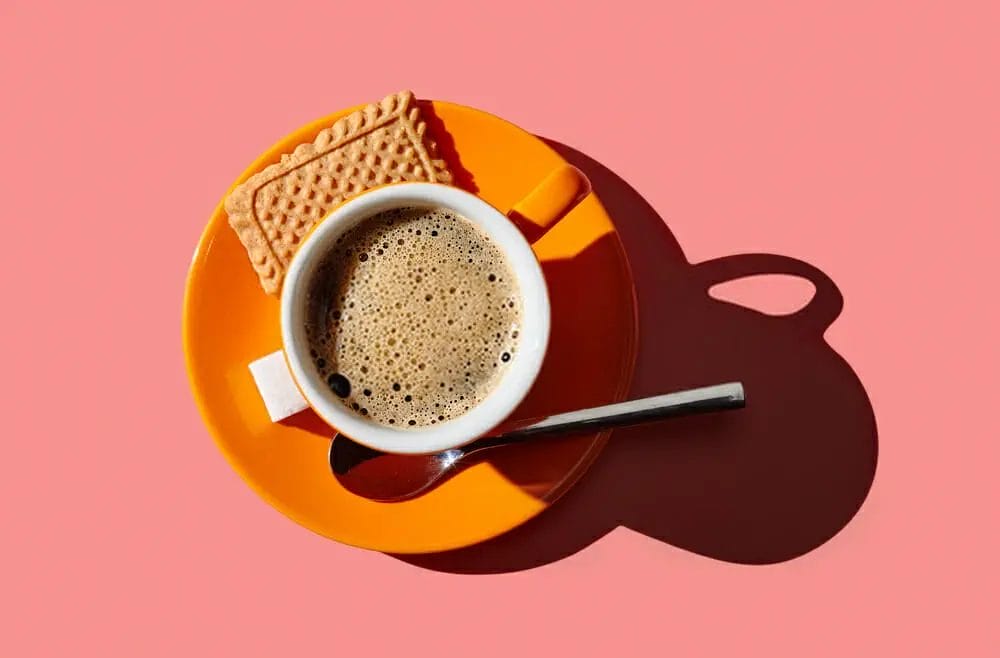
However, if you use more ground coffee than that, it can make your coffee bitter and overpowering.
The solution: If you don’t want to use the right amount of ground coffee to water, then consider using a scoop filter or French press instead.
It can help reduce the bitterness of a cup by increasing its brew time. But if a scoop filter or French press isn't an option, then making sure that you limit the number of coffee grounds you use when brewing can also help.
Dirty Coffee Maker
If you’re using a coffee maker that’s not cleaned regularly, then you may end up with a stale cup of coffee.
It's pretty standard for the inside of your coffee pot to get covered in grounds and residues, which will make the flavour of your coffee bitter.
The solution: Whenever you clean your coffee maker, make sure that you don’t leave any residue or oils behind. You should also periodically clean your coffee pot so that the taste of stale coffee doesn’t create a bad taste in your mouth.
Using Cheap Quality Coffee
If you don’t want your coffee to taste bitter at all, then make sure that you use the freshest coffee beans possible.
The reason why coffee beans get stale is that they lose their oils and become oxidized. And this change in taste is one of the reasons why some people prefer drinking coffee brewed from instant coffee packets, even though it's not as fresh or flavorful.
The solution: If your favourite brand of coffee loses its flavour quickly, consider switching brands. If you want to get the freshest coffee beans possible, consider ordering them from a speciality coffee roaster or store.
Using Stale or Old Coffee Beans
One of the lowest quality ways to make your coffee bitter is using stale or old coffee beans. When you buy coffee beans, they are already pre-ground and ready to brew, so ensure that you don’t dry them out by storing them in a sealed container.
The solution: When you buy coffee beans, make sure that they’re fresh. If they go stale before you get a chance to use them, then try freezing them for a few hours. It should help keep them fresh, but you can also consider buying pre-ground coffee.
Using The Wrong Coffee Roast Type
Your coffee doesn’t have to be strong for it to taste bitter. Some of the best coffee tastes bitter and has a low level of caffeine. But even in this case, you should use the correct type of coffee roast.
The solution: The best way to fix your coffee is by using the correct type of roast for your taste buds. Most people know that dark roasts are generally less harsh and have a more mellow taste than light roasts.
However, if you're brewing dark roast coffee, don't be afraid to use a paper filter. It can help remove some of the bitterness you may experience when drinking dark roast coffee.
Brewing Coffee In A Cheap Coffee Maker
If you want your coffee to taste bitter, use a cheap coffee maker instead of a high-quality one. Cheap and low-quality coffee makers often don’t extract all of the flavours out of your beans. And this is the main reason you can end up with a bitter and less flavorful cup of coffee.
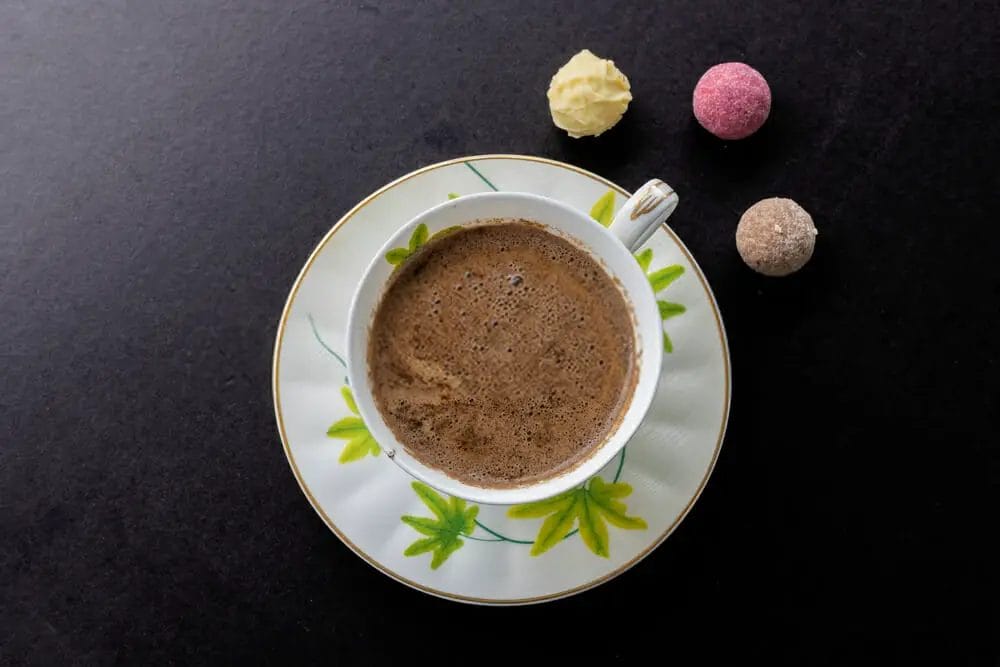
Also, if you want your coffee to taste better, make sure that you use a high-quality coffee maker that brews the perfect temperature.
The solution: If you want to get the most out of your purchase, consider investing in a high-quality coffee maker. You should also consider purchasing some of the best coffee beans in the market so that they’re fresh, which will help to prevent staling.
Avoiding Chocolate & Other Flavors
If you enjoy flavoured coffee, you should avoid drinking it first thing in the morning. It is so important because your stomach will be churning, and you may end up tasting bitter flavours that you don’t like.
Avoiding flavoured coffee when your stomach is full; can help make your taste buds more sensitive and allow them to better experience the taste of fresh-brewed coffee.
The solution: If you want to get the most out of your flavoured coffee, you should consider drinking it later in the day. It will help to reduce your sensitivity to bitter flavours and allow your taste buds to be more in tune with the flavour of your coffee.
Why does my coffee taste so bitter?
In this case, you should make sure that your coffee doesn’t sit in a travel mug or an insulated K cup holder for too long. This can make it stale, and the flavor can start to become overpowering.
What kills coffee bitterness?
A great way to deal with the bitterness that comes along with a stale cup of coffee is through the use of a paper filter. This can help remove some of the bitter taste that may be bothering you and make your coffee taste better.
How do you adjust the bitterness of coffee grinds?
If you want to adjust the bitterness of your coffee, you should make sure that you adjust it before it’s brewed. While it’s brewing, don’t add any additional sugar or cream because it will just mask the bitter taste instead of reducing it.
Also, don’t buy a pre-ground bag of coffee beans and expect them to stay fresh for long. If they get too old to be used in a coffee maker, then try grinding them up yourself.
Does sugar make coffee less bitter?
Yes, it does. And this is why if you drink a cup of coffee with added sugar, it can taste better for the first half of your drink. The reason why is because adding sugar helps to mask the bitterness that you may experience from a stale cup of coffee.
Does salt make coffee less bitter?
No, it doesn’t. Salt is an ingredient that is associated with bitter flavors. However, if you like the taste of salted coffee, then you can make your own by adding a pinch of salt to your cup.
How do you make coffee less bitter without sugar?
One of the best ways to deal with the bitterness that comes from coffee is through the use of cream or milk. The reason for this is because it will help to cut through that “bitter” taste.
How do you sweeten coffee naturally?
If you want to sweeten your coffee without using artificial sweeteners or cream, then using honey is an excellent option. Honey can help to mask the bitterness in your coffee and make it taste better.
Does milk make coffee less bitter?
Yes, it does. And this is a common way to reduce the bitterness that you experience with coffee. Even though it masks bitterness, it can also make your coffee more watery and less flavorful.
Conclusion:
Now that you have a better understanding of making coffee taste less bitter, you’re probably ready to brew the freshest cup of coffee possible.
And if you're prepared to do this one simple thing that can help make a significant impact, then consider investing in a high-quality coffee maker for your home.
If you can’t afford one right now, consider opting for a smaller model or ensuring that your current pot is in good condition. And don’t forget that you can always order fresh ground coffee from a speciality coffee roaster.
If you have tips or suggestions for making bitter coffee taste better, please leave them in the comments section below.
And if you have any questions about making your coffee taste less bitter, then ask us below! We’ll be glad to answer them for you.

